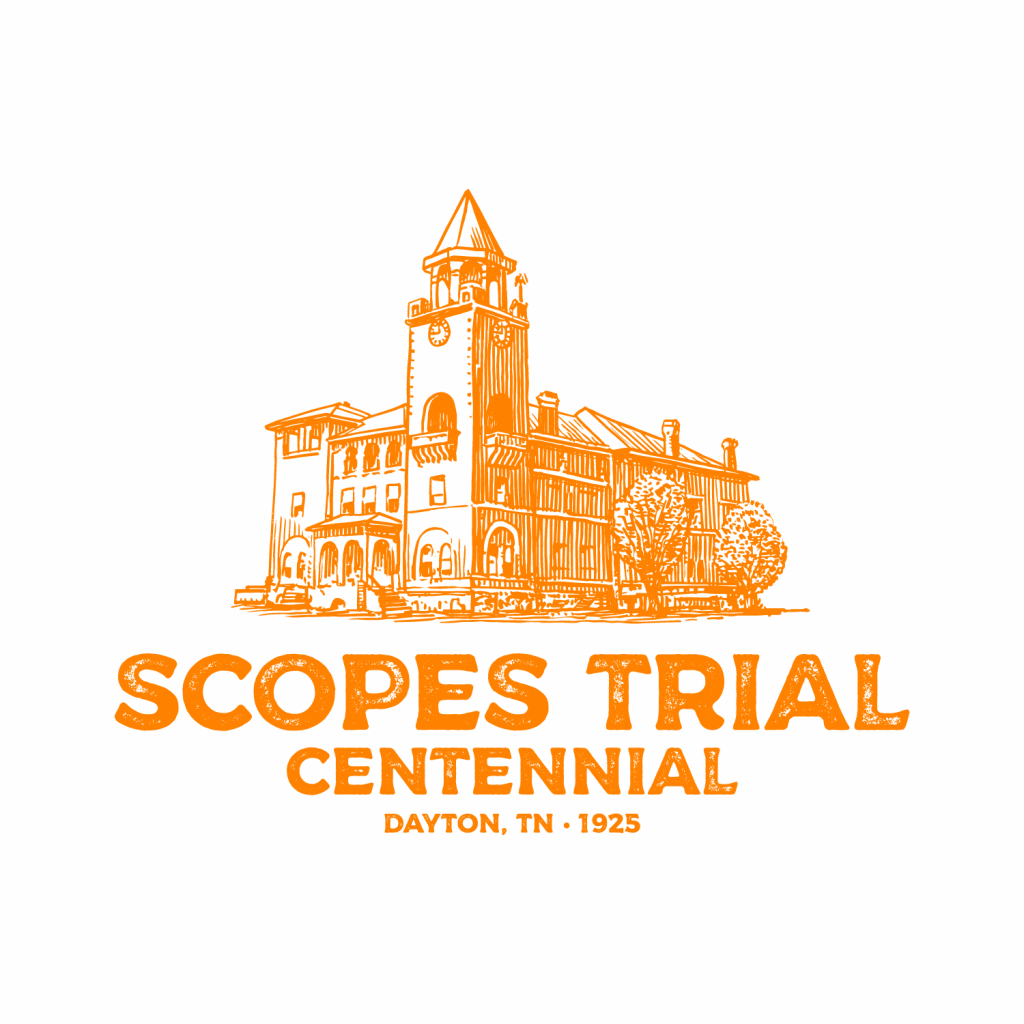Message from the Department Head
Message from the Department Head
Scopes Centennial Celebrates Study of Evolution

In 1925, high school teacher John T. Scopes was accused of violating Tennessee’s Butler Act, which prohibited the teaching of evolution. Scopes was unsure that he had taught evolution, but he deliberately incriminated himself so the case could have a defendant, and he coached students to testify against him. He was found guilty and fined $100. The trial drew Williams Jennings Bryan for the prosecution and Clarence Darrow for the defense, in what was a national test of the right to teach the theory of evolution. The trial was broadcast nationally and put Dayton, Tennessee, on the map.
While Darwin’s theory of evolution was well established by 1925 and supported by the rediscovery of Mendel’s work in 1900, science was a long way from a clear understanding of the biological basis of evolution, or descent with modification. The elusive language of molecular evolution, DNA, was not known as the genetic code until the 1940s, and the structure of DNA was determined in the 1960s. In the 1970s the burgeoning field of molecular evolution expanded our understanding of evolutionary processes, such as gene duplication, gene conversion and recombination, molecular selection, intragenomic conflict, transposable elements, and symbioses. Paralleling advances in our understanding of genetic architecture, advances in computing capacity gave rise to significant advances in modeling evolution mathematically (phylogenetics and beyond).
As we approach 2025, two additional factors have become critical for all life on Earth: One, our planet is warming at a pace mirrored only by past extraordinary geologic disasters; and two, we have entered a time when the extinction of species due to human activities is unprecedented (the Anthropocene). Will the processes of evolution be sufficient for organisms to adapt? Can hidden genetic diversity provide new mechanisms for survival? What kinds of genetic changes are most effective in generating novel diversity? Can symbiosis effectively change in time?

Scientists in the Department of Ecology and Evolutionary Biology are working hard to address these questions. In the 2024-2025 academic year, EEB, along with partners within the College of Arts and Sciences and across campus, will be recognizing the centennial of the Scopes Trial and celebrating the study of evolution. With a series of seminars, Darwin Day events, public talks, a new production of Inherit the Wind at Clarence Brown Theatre, and much more, EEB will be working to showcase the continued importance of the study of evolution at UT to highlight new innovations in evolutionary scholarship. Join us for as many of these events as you can; visit the EEB website, eeb.utk.edu, for a full schedule of events in the coming year.
Sincerely,
Jen Schweitzer